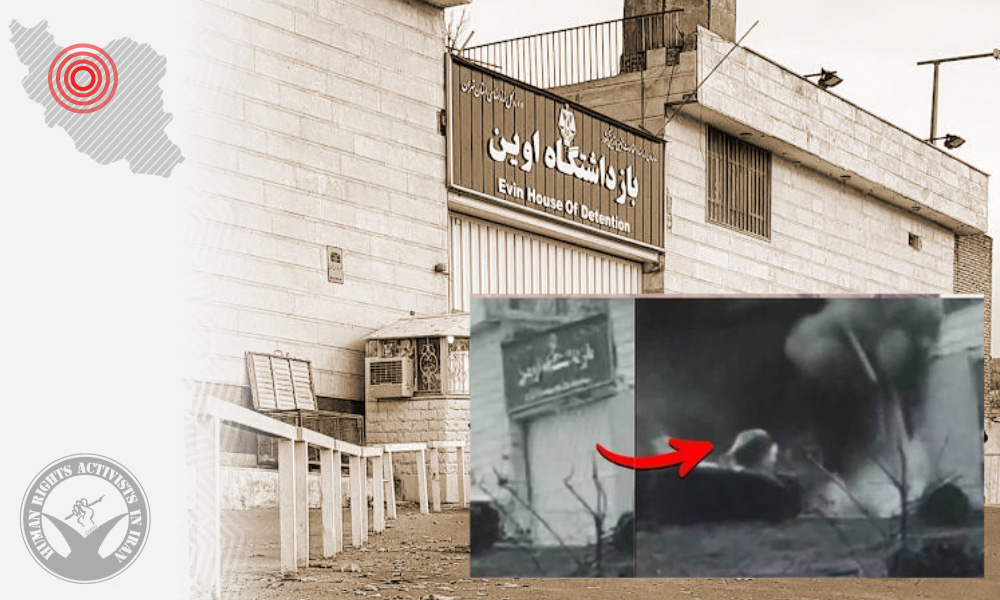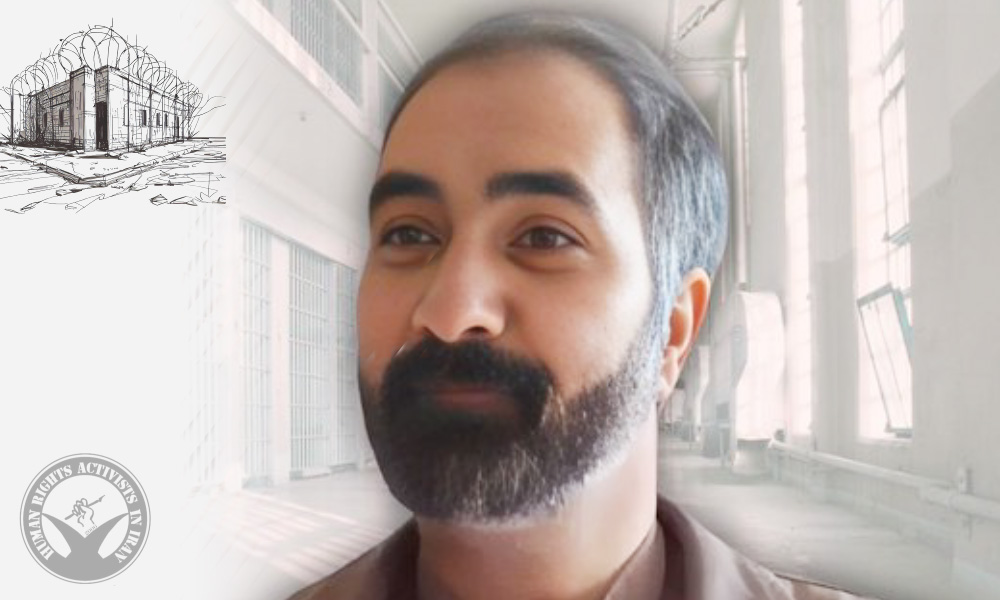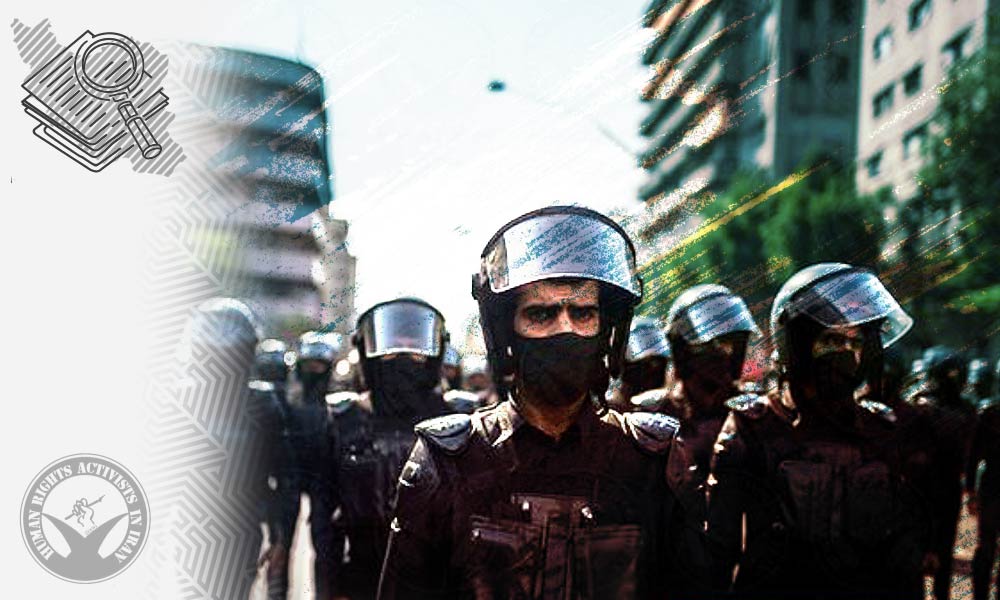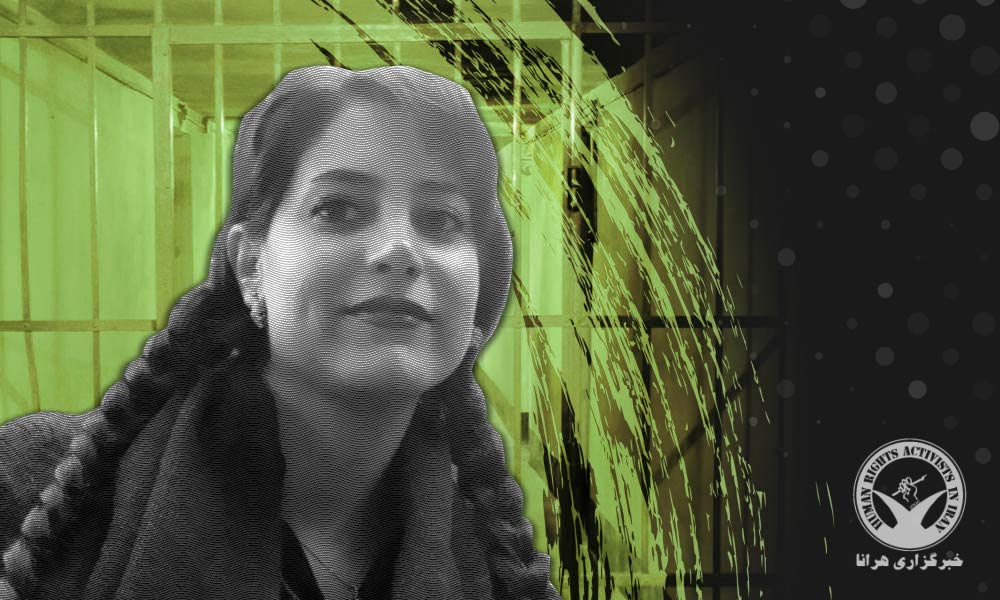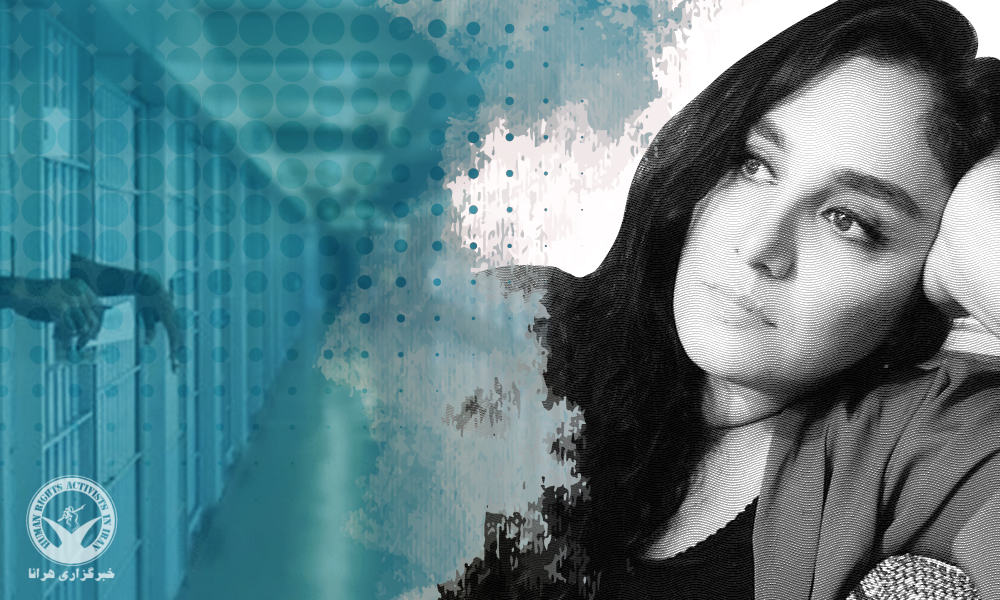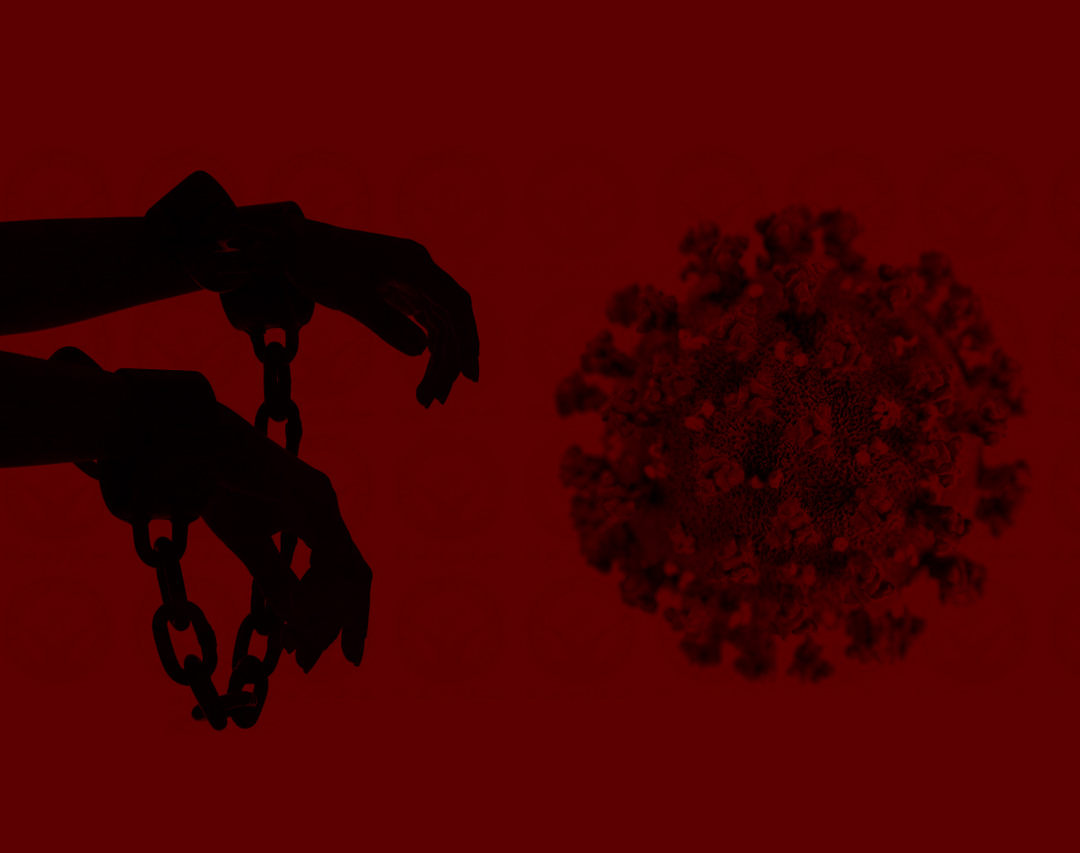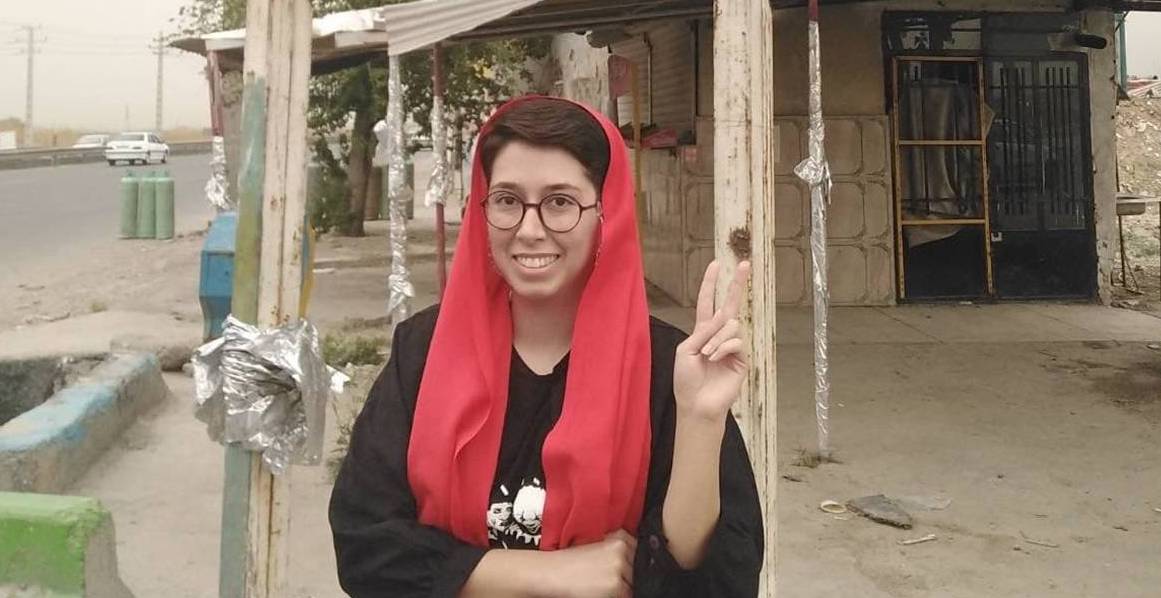HRANA- Somayeh Rashidi, a detained citizen, died in hospital on the morning of Thursday, September 25, after prison officials delayed her transfer to medical facilities and failed to provide adequate medical care.
On September 16, her health sharply deteriorated, and she suffered a severe seizure. In a state of severely reduced consciousness, she was transferred from Qarchak Prison in Varamin to Mofatteh Hospital, where she later passed away.
A source close to her family told HRANA:
“Ms. Rashidi had long complained of health problems, but prison officials, despite her repeated visits to the infirmary, refused to take her condition seriously. On some occasions, they even accused her of faking illness. She was only given psychiatric and sedative medications, which further worsened her health. On September 15, she suffered a severe seizure and was taken to Mofatteh Hospital with a consciousness level of five. According to hospital doctors, the delay in her transfer was the primary cause of her irreversible deterioration.”
The Judiciary’s media center, while confirming her death, claimed that upon entering prison, Ms. Rashidi disclosed an addiction to synthetic drugs as well as a history of psychiatric disorders and seizures. Mizan News Agency further alleged that she had been prescribed and received all necessary medications by prison doctors.
The Judiciary also stated that during her detention, Ms. Rashidi was examined eight times by a general practitioner, six times by psychiatric and internal medicine specialists, and was twice referred to forensic authorities for psychological evaluation.
However, information obtained by HRANA indicates that her condition steadily declined throughout detention, and that the medical care provided was inadequate and, at times, substandard. Her family had previously expressed concern over her health, but their warnings went unheeded.
Instead of addressing the circumstances of her death, Judiciary-affiliated outlets focused their reporting on her alleged background, claiming links to the People’s Mojahedin Organization of Iran (MEK) and past arrests on similar accusations. They further alleged involvement in sabotage activities, while failing to acknowledge the delays in her transfer to hospital, the medical neglect she endured, or the state’s legal responsibility for her health and safety in custody. Publishing such claims posthumously, without verifiable evidence, raises concerns that officials are attempting to deflect accountability for her death.
Ms. Rashidi was arrested on April 25 of this year for writing slogans in the Javadieh neighborhood of Tehran. After two days in custody at the 15 Khordad Police Investigation Center, she was transferred to the women’s ward of Evin Prison. Following the Israeli attack on Evin Prison, she and dozens of other women were relocated to Qarchak Women’s Prison in Varamin.
Throughout her detention, Ms. Rashidi struggled with ongoing medical issues and lack of adequate care. A source close to her family told HRANA:
“Somayeh Rashidi had a history of psychiatric disorders that appeared periodically. These episodes caused loss of concentration and impaired movement, at times leaving her unable to walk or manage daily tasks without the help of fellow prisoners.”
Somayeh Rashidi was born in 1983 and lived in Tehran.




